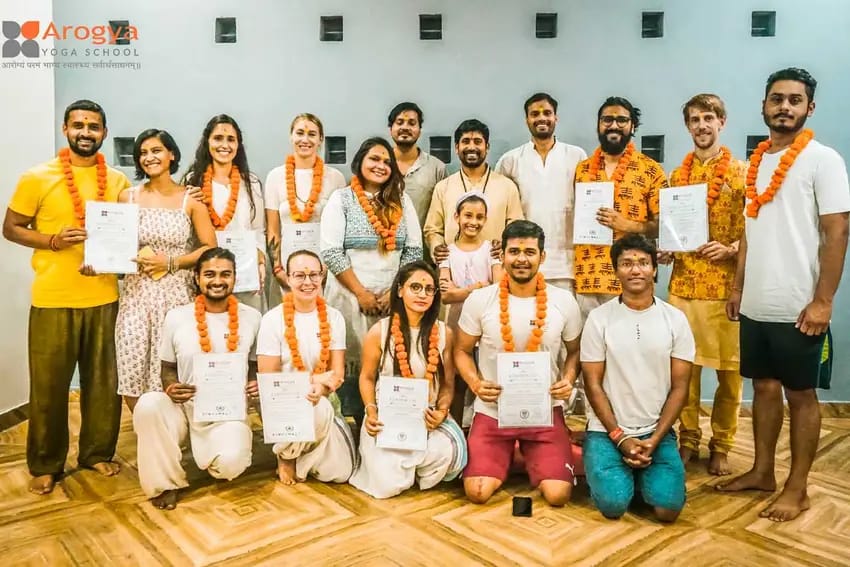A Whisper of Hope in the Recovery Landscape
India’s struggle with substance abuse affects millions, yet a transformative path exists for those seeking freedom. Modern rehabilitation centres weave clinical expertise with compassionate care, guiding individuals from crisis to lasting renewal. This journey—From Detox to Aftercare: The Full Journey at a Drug Rehabilitation Centre in India—unfolds through stages designed to heal mind, body, and spirit, offering not just sobriety but a reclaimed life.
Stage 1: Medically Supported Detoxification
The journey begins with detox, a critical phase where toxins are cleared under vigilant medical supervision. At premier centres, this is far from a solitary battle. Clinicians use evidence-based protocols to manage withdrawal symptoms, combining medication-assisted treatment (MAT) with round-the-clock monitoring. This ensures safety while minimizing discomfort, laying a stable foundation for deeper therapeutic work. Facilities emphasize dignity; private rooms and serene environments allow patients to rest as their bodies reset .
Stage 2: Unraveling Roots Through Therapy
With the body stabilized, attention shifts to psychological healing. Customized treatment plans blend proven clinical therapies with introspective practices:
• Cognitive Behavioral Therapy (CBT) to disrupt destructive thought patterns
• Group sessions fostering peer solidarity and accountability
• Trauma-informed counseling addressing underlying pain
• Mindfulness and meditation rebuilding emotional regulation.
This phase cultivates self-awareness, helping patients understand addiction’s triggers and cultivate healthier coping mechanisms.
This introspective work is not about blame, but about understanding the why behind the dependency. Therapists gently guide individuals to connect past experiences with present behaviors, fostering profound insights that become the bedrock of sustainable change. This self-discovery phase is crucial for breaking the cycle.
Stage 3: Holistic Integration
True healing transcends clinical intervention. Leading centres adopt a whole-person approach, integrating complementary therapies that restore physical vitality and inner peace:
• Yoga and breathwork to harmonize mind-body connection
• Art and music therapy unlocking non-verbal expression
• Nutritional planning repairing the body’s balance
• Recreational activities reigniting joy in substance-free living.
These practices empower patients to find solace and strength beyond pharmaceuticals, embedding wellness into daily rhythms.
Stage 4: Reintegration and Life Skills
Recovery’s bridge to the “real world” demands practical readiness. Centres simulate real-life challenges, teaching skills like stress management, financial planning, and communication. Patients practice boundary-setting and relapse-prevention strategies through role-playing and community outings. Family therapy workshops often begin here, mending fractured relationships and building supportive home ecosystems.
Stage 5: Sustaining Freedom Through Aftercare
The journey culminates in aftercare—a lifeline ensuring sobriety endures beyond the centre’s walls. Robust programs include:
• Weekly outpatient counseling for ongoing emotional support
• Sober-living home referrals for transitional housing
• Alumni networks fostering peer mentorship
• Digital check-ins via apps or telehealth.
This continuum of care acknowledges recovery as an evolving process, reducing relapse risks by 50% for those engaged in structured post-treatment support.
From Detox to Aftercare: The Full Journey at a Drug Rehabilitation Centre in India reflects a profound metamorphosis. It is not merely about removing substances but rebuilding identity—a passage from fragmentation to wholeness. With world-class facilities nestled in India’s tranquil landscapes, patients rediscover resilience, purpose, and the quiet power of a life reclaimed.



